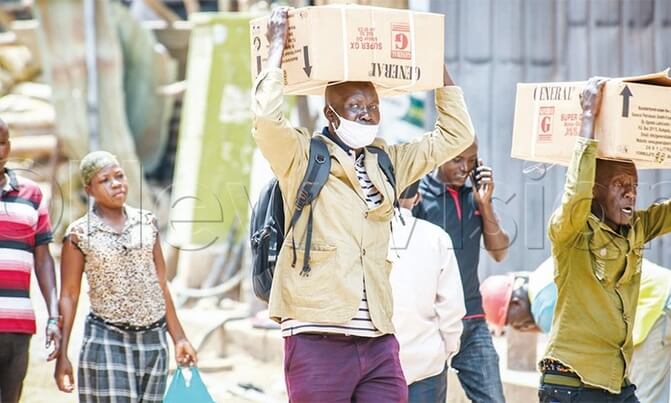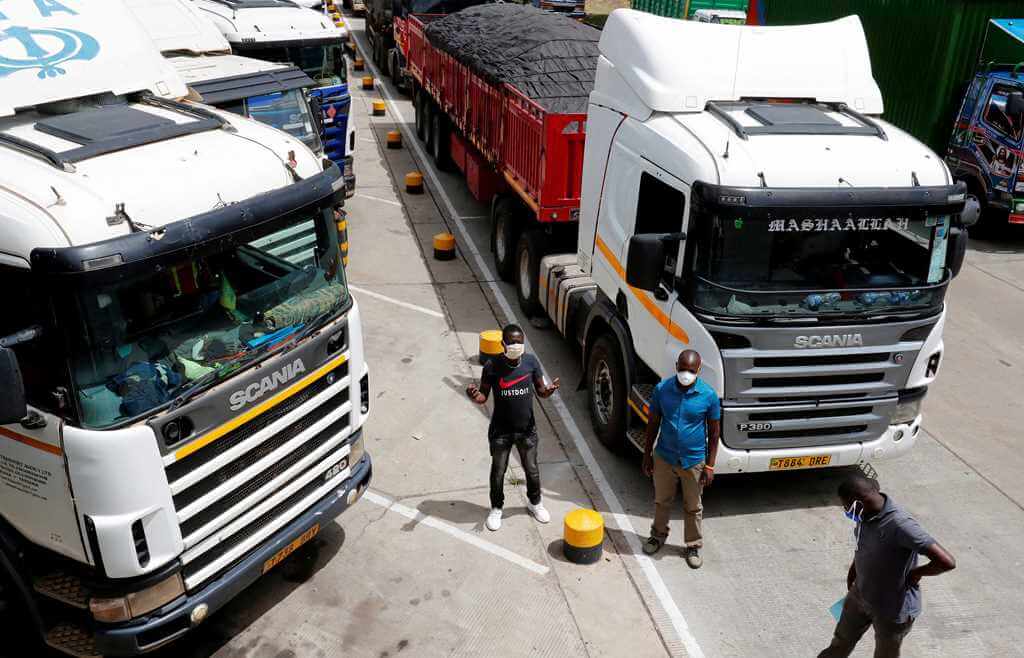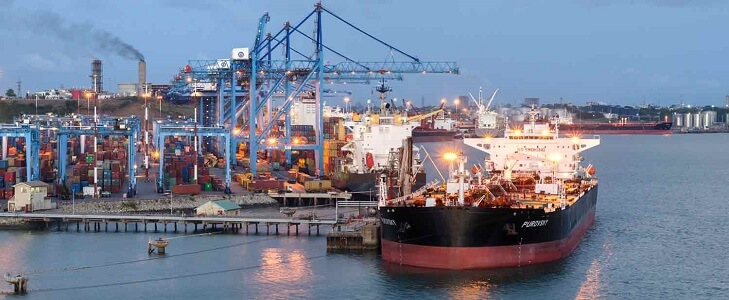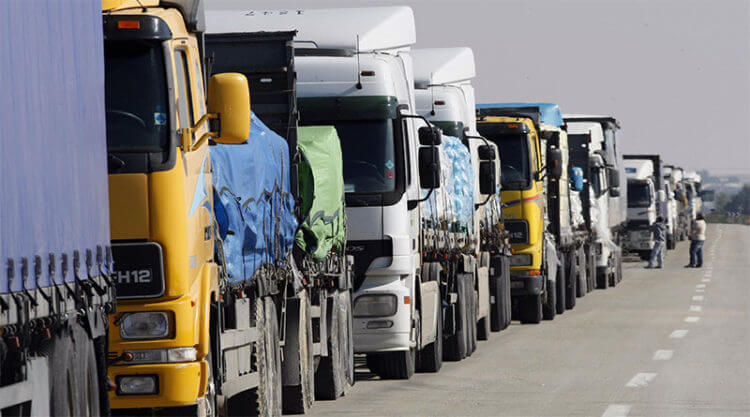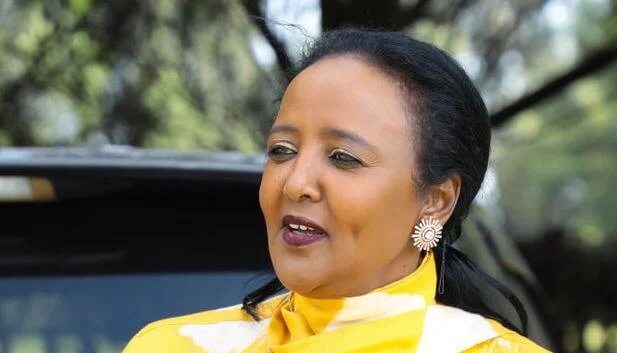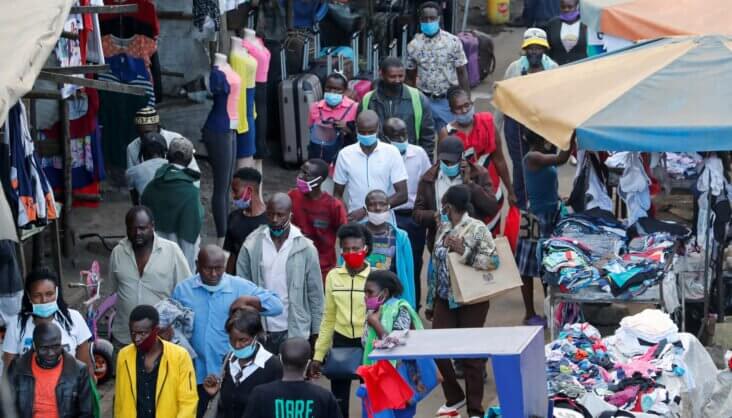In a recent study by TMA, the restrictions on movement of people also cut off operations of informal cross border traders who significantly contribute to regional trade. BUSINESS VIRUS The current outbreak of the coronavirus pandemic continues to threaten the already fragile intra East African Community (EAC) trade, pulling it back by 40%, according to TradeMark Africa (TMA). Already standing at a measley20%, TMA said a further drop in intra-regional trade was first registered in March, following measures undertaken by regional governments to curb the spread of the coronavirus outbreak. Regional governments instituted measure to control the movement of people across borders, after the outbreak, and allowed only the movement of goods. In a recent study by TMA, the restrictions on movement of people also cut off operations of informal cross border traders who significantly contribute to regional trade. Informal cross border traders, who mostly comprise women, contribute approximately 60% to trade across the region's borders. The trade represents produced goods and services, which directly or indirectly do not pass through the regulatory framework for taxation and other procedures set by Partner States. TMA said since the outbreak, most manufacturers across the region have also resorted to focusing on local markets, leaving only agricultural goods and products to swing across the borders. It also noted that: "Due to the current coronavirus pandemic, regional trade has been heavily impacted leading to a rise in NTBs." Prior to the COVID -19 outbreak, intra-regional trade had been projected to grow 5%, driven by...
COVID-19 eats up 40% of Intra EAC trade
Posted on: July 24, 2020
Posted on: July 24, 2020

